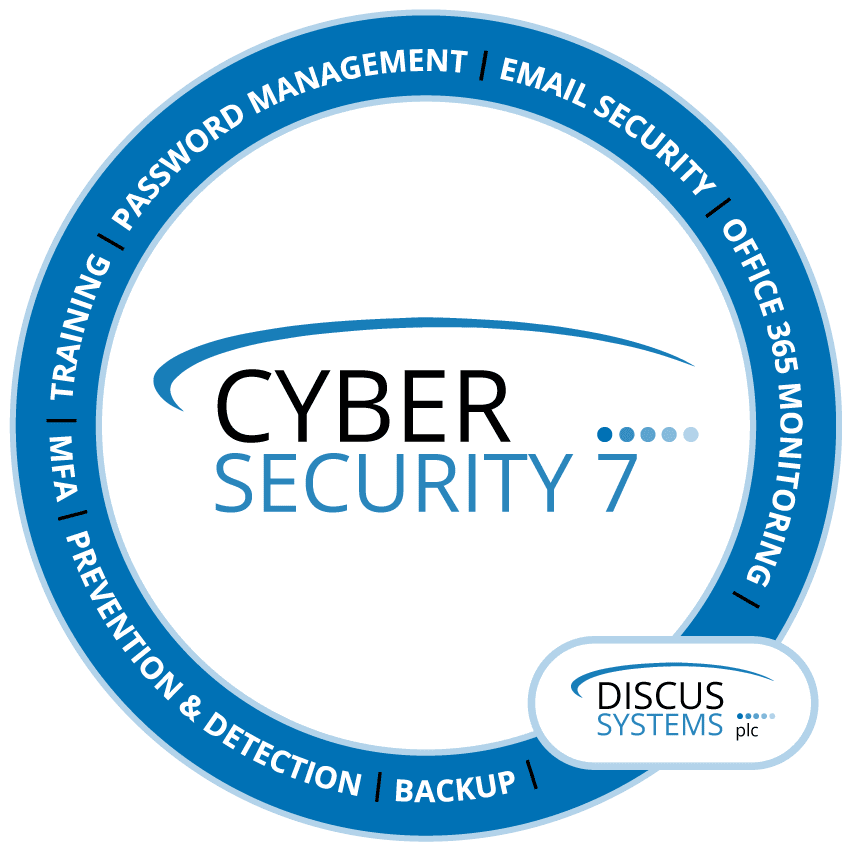IT Security Solutions In Birmingham
£50 +VAT
Call Us on 01675 430080 and speak to a technician from 8:00am - 6:00pm Monday to Friday
IT Security Solutions In Birmingham
- Real-time Threat Detection and Response
- Multi-layered Cyber Defences
- Regular Software Updates and Patches


What's Included In Our IT Security Solutions Service In Birmingham?
SCCM
Microsoft Windows Desktop
Microsoft Windows Server
Microsoft Azure
Microsoft Intune
Hyper V
Azure Active Directory (Azure AD)
Enhanced DBS checked IT Technicians
Birmingham-based IT Support Technician
How To Become A Customer In Birmingham
Step 1
Step 2
Step 3
Step 4
Step 5
Contact Us To Enquire About IT Security Solutions In Birmingham
Frequently Asked Questions About IT Security Solutions?
What exactly is cyber security?
Cyber security refers to the practice of protecting systems, networks, and programs from cyber attacks. These cyber attacks are usually aimed at accessing, changing, or destroying sensitive information; extorting money from users; or interrupting normal business processes.
How does a multi-layered security approach work?
A multi-layered security approach involves using various defensive layers so that if one fails, others are still in place to thwart a cyber attack. This can include antivirus software, firewalls, intrusion detection systems, and encryption protocols.
Why are regular software updates and patches important?
Software updates and patches are released to address vulnerabilities that hackers might exploit. Regularly updating your software ensures protection against the latest cyber-attacks and threats and can prevent potential data breaches.
What is a firewall, and why do I need one?
A firewall is a network security device that monitors incoming and outgoing network traffic and permits or blocks data packets based on a set of security rules. Its purpose is to establish a barrier between your secure internal network and untrusted external networks, such as the Internet.
What is the difference between antivirus and anti-malware protection?
Antivirus is software designed to detect and destroy virus threats, while anti-malware goes a step further, targeting broader types of malicious software, such as trojans, spyware, and adware.
Can IT Cyber Security Solutions protect against zero-day attacks?
While it’s challenging to protect against zero-day attacks, having robust cyber security solutions that includes proactive monitoring and advanced security threats detection can reduce the risk and impact of such attacks.
What steps should I take if I suspect a data breach in my system?
In the event of suspected data breaches, it’s crucial to act immediately. First, isolate the affected systems to prevent further unauthorized access. Next, assess the scope and impact of the breach by conducting a thorough investigation. Then, notify the relevant entities, which could include customers, legal teams, and regulators, as required by law. It’s also advisable to engage with cyber security experts to identify the breach’s source, rectify the vulnerability, and fortify your defence against future incidents.
How often should I back up my data as part of a cyber security strategy?
Regular data backups are crucial for data loss prevention. The backup frequency should align with the frequency of data changes and the significance of safeguarding your data from loss or corruption. For many businesses, daily backups are advisable.
What is encryption, and how does it protect my data?
Encryption is the process of converting data into a code to prevent unauthorised access. It helps protect your data, especially if it’s transmitted over a network or stored on a mobile device.
How do I know what level of cyber security is right for my business?
Assess your business’s specific needs, the data you need to protect, your existing security measures, and the potential risks you face. Consulting with cyber security experts can help determine the level of security suitable for your business.

